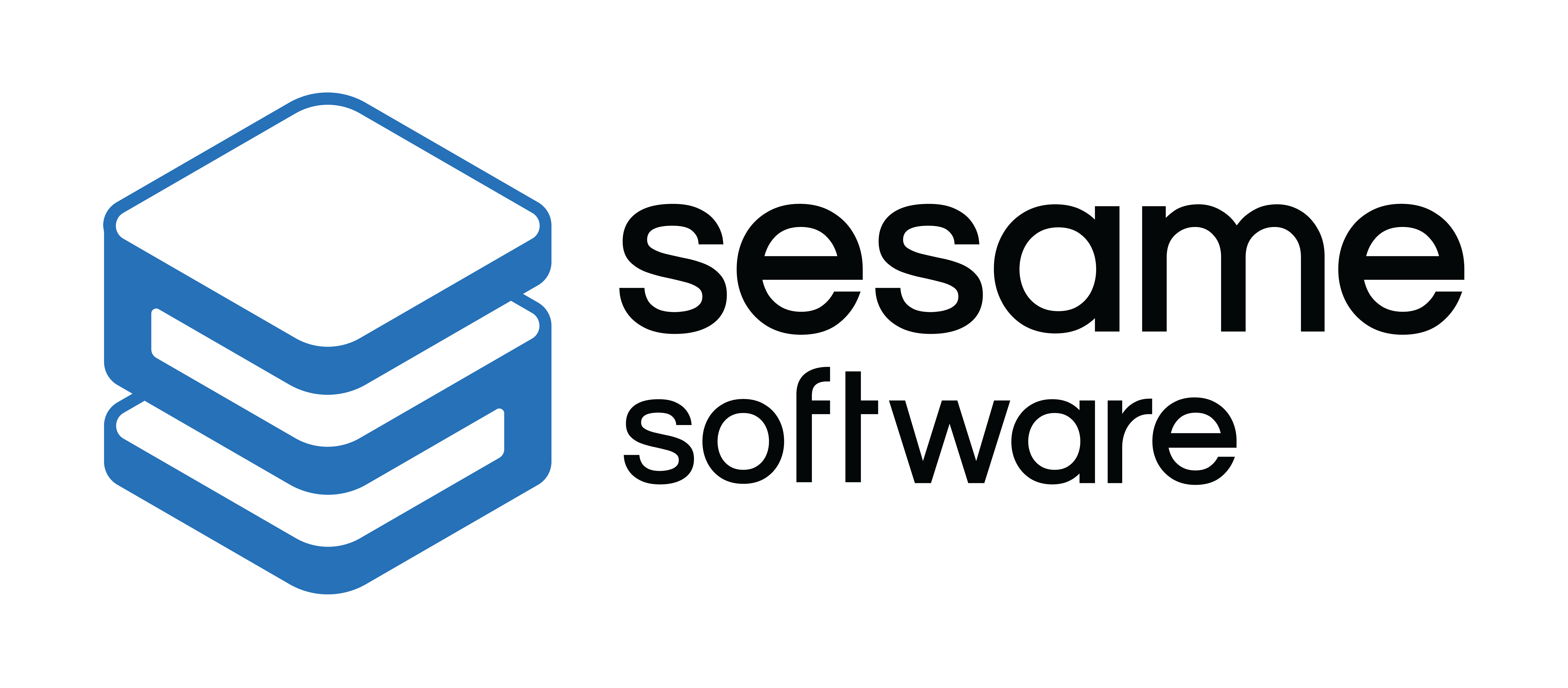Unlocking the Power of Business Intelligence for Small Businesses
- David Estrada
- Feb 14
- 2 min read
Updated: Aug 11
No matter your line of business, data is a key driver of success. While large enterprises have long leveraged Business Intelligence (BI) tools to gain insights and streamline operations, small businesses now have access to affordable and scalable BI solutions that can help them compete. By implementing the right BI strategy, small businesses can improve decision-making, increase efficiency, enhance customer insights, and achieve cost-effective growth.
The Benefits of Business Intelligence for Small Businesses
Improved Decision-Making
Making data-driven decisions is no longer a luxury—it’s a necessity. BI tools help small businesses analyze past performance, identify trends, and forecast future opportunities. With real-time dashboards and reports, business owners can make informed decisions quickly, reducing risks and capitalizing on emerging opportunities.
Increased Efficiency
Manual data management can be time-consuming and error-prone. BI solutions automate data collection, analysis, and reporting, reducing time spent on administrative tasks. This allows small businesses to focus on core activities, optimize workflows, and enhance productivity.
Enhanced Customer Insights
Understanding customer behavior is crucial for business success. BI tools analyze purchasing patterns, customer feedback, and market trends to help businesses tailor their offerings and improve customer engagement. This results in better-targeted marketing campaigns, personalized customer experiences, and improved retention rates.
Cost-Effective Solutions
Historically, BI solutions were expensive and required dedicated IT teams. Today, cloud-based BI tools provide affordable, subscription-based pricing that fits small business budgets. Many BI platforms offer user-friendly interfaces, enabling business owners to gain insights without needing extensive technical expertise.
Strategies for Implementing Business Intelligence
Define Your Goals: Identify the key metrics and insights that matter most to your business, such as sales trends, customer demographics, or operational efficiencies.
Choose the Right Tools: Select BI tools that fit your business needs and budget. Popular options include Tableau, Power BI, Looker, and Google Data Studio.
Integrate Your Data Sources: Ensure your BI platform can connect with your existing systems, such as your CRM, accounting software, and marketing tools.
Train Your Team: Provide training for employees to maximize the value of your BI tools and encourage a data-driven culture.
Monitor and Adapt: Continuously analyze BI reports to refine strategies and improve business performance over time.
How Sesame Software Can Help
Implementing a BI strategy requires seamless data integration across multiple platforms. Sesame Software provides scalable data integration and pipeline solutions that help small businesses extract, transform, and load (ETL) data into their preferred BI tools. With our solutions, businesses can automate data workflows, ensure data accuracy, and unlock powerful insights without complexity.
Ready to harness the power of Business Intelligence? Book a demo today and start transforming your data into business success!




